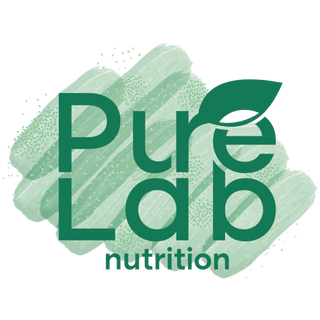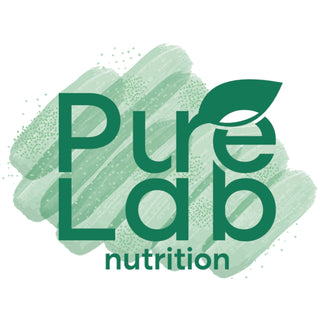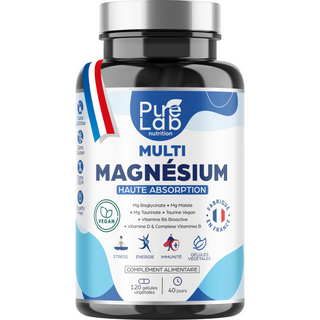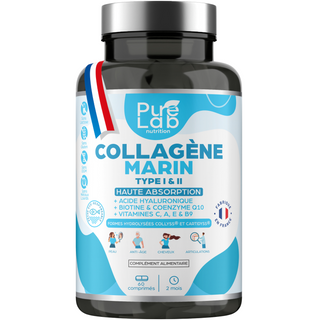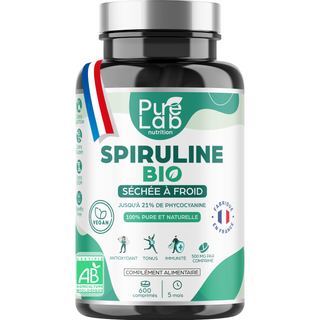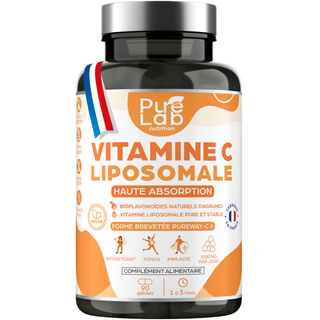"Don't take vitamin C at night, it keeps you awake!" How many times have you heard this phrase?
This belief, anchored in the collective mind for decades, still influences our consumption habits today 🌙. But what does modern science really say about it?
The origin of a persistent misconception 📜
A historical mention that endures ⏰
This reputation of vitamin C as a sleep disruptor has its roots in a simple warning that appeared on the first boxes of food supplements in the 1930s. This precaution, initially prudential, has over time become an absolute truth in the popular imagination.
The pharmaceutical industry at the time, as a precaution, preferred to warn consumers of a potential stimulant effect rather than risk complaints. This conservative approach created a lasting perception, rarely challenged subsequently.
Theoretical reasoning 🧠
The initial hypothesis was based on the role of vitamin C in the synthesis of certain neurotransmitters, notably dopamine and noradrenaline. These molecules, associated with wakefulness and alertness, naturally gave rise to fears of a stimulating effect of the vitamin.
This reasoning, although logical in theory, did not take into account the complexity of the neurobiological mechanisms and the doses required to observe such effects.
What contemporary research reveals 🔬
Sleep Cycle Studies 📊
Modern research using advanced brain imaging techniques shows a very different reality. Functional MRI scans reveal no significant changes in nighttime brain activity in people who consumed vitamin C in the evening.
These studies, conducted on large control groups, demonstrate the absence of correlation between taking vitamin C and sleep onset problems or sleep quality.
Dosage and physiological reality 💊
The doses usually consumed, even as a supplement, remain well below the quantities theoretically necessary to significantly influence the production of stimulating neurotransmitters.
Because vitamin C is water-soluble, the body quickly eliminates excess amounts, further limiting any prolonged effects on the nervous system.
Biological mechanisms deciphered ⚗️
Role in neurotransmission 🧬
While vitamin C does play a role in dopamine synthesis, its action is part of a complex balance involving many other factors. The body has sophisticated regulatory mechanisms that maintain neuronal homeostasis.
This participation in synthesis does not automatically mean an increase in dopaminergic activity, especially since other cofactors are necessary for this production.
Nighttime metabolism 🌛
During the night, vitamin C metabolism continues as usual without interfering with natural sleep cycles. Cell detoxification and regeneration processes, which intensify during rest, also make beneficial use of this vitamin.
The idea of a persistent stimulating effect therefore does not correspond to the observed physiological reality.
Potential benefits of an evening intake ✨
Absorption optimization 🎯
Contrary to popular belief, taking vitamin C in the evening may have some benefits. Since the stomach is generally less stressed at the end of the day, absorption can be optimized, especially if taken with a light meal.
This timing can also fit better into certain daily routines, promoting regular and consistent intake.
Support for recovery processes 🔄
During sleep, the body activates its repair and regeneration mechanisms intensively. Vitamin C, with its antioxidant properties, can effectively support these crucial nighttime processes.
Its role in collagen synthesis is particularly important during deep sleep phases, when tissue regeneration reaches its peak activity.
Special cases and nuances 🤔
Individual sensitivities 👤
Although most people experience no effect on their sleep, a few particularly sensitive individuals may experience mild stimulation. These cases are exceptional and generally involve very high doses.
It is important to listen to your body and adapt your habits based on your own observations, while keeping in mind that the placebo effect can play a role in this perception.
Interactions with other substances ⚠️
Vitamin C can enhance iron absorption, which could theoretically influence perceived energy. However, this effect remains marginal and does not justify systematically avoiding evening intake.
Significant interactions remain rare and mainly concern specific drugs or very high doses.
Practical recommendations 💡
Flexibility in grip 🕐
Current scientific data allows for great flexibility in when to take vitamin C. Morning, noon or evening, the key is regularity and adaptation to your lifestyle.
For those who prefer to maintain their morning routine as a precaution, this approach remains perfectly valid, even if it is no longer justified by scientific evidence.
Personal observation 👁️
Since each organism is unique, it may be interesting to test different times of intake to identify the one that best suits your personal biological rhythm.
This individualized approach allows you to optimize benefits while respecting your preferences and daily constraints.
Conclusion: let’s free ourselves from the myth! 🎭
Modern science is freeing us from an unfounded constraint that unnecessarily limited our supplement choices. Vitamin C doesn't deserve its reputation as a sleep disruptor 😊.
This revision of our beliefs perfectly illustrates the importance of regularly questioning received ideas in light of current knowledge. Our understanding of biological mechanisms has evolved considerably since the 1930s.
Now you can tailor your vitamin C intake to your personal needs without worrying about negatively impacting your sleep. The key is to maintain regular intake to fully benefit from the benefits of this essential vitamin 🌟.

